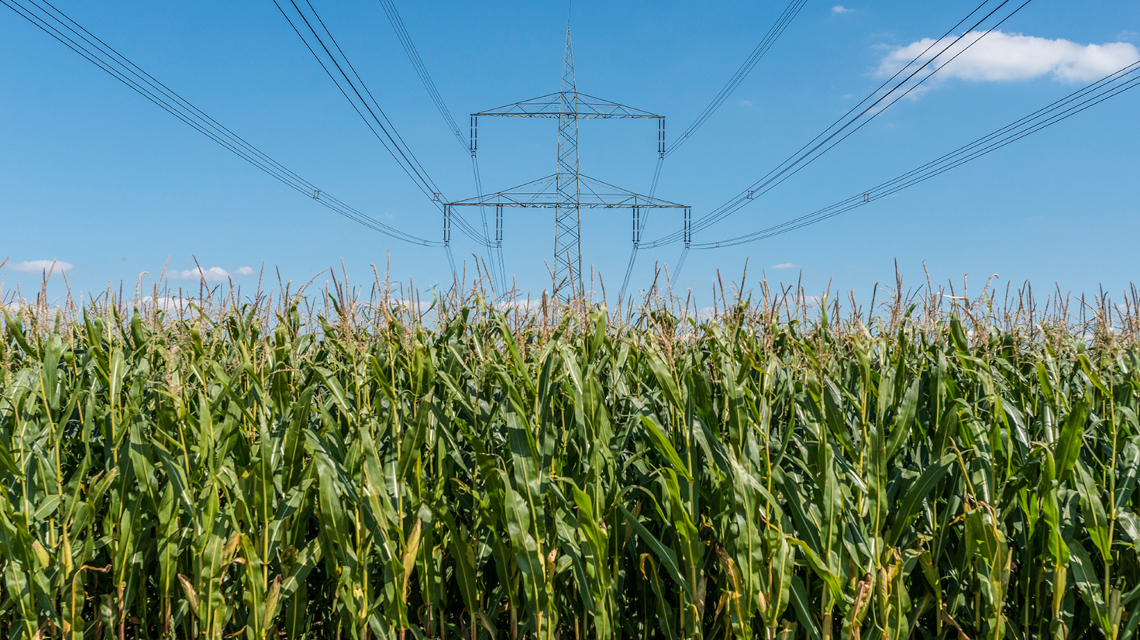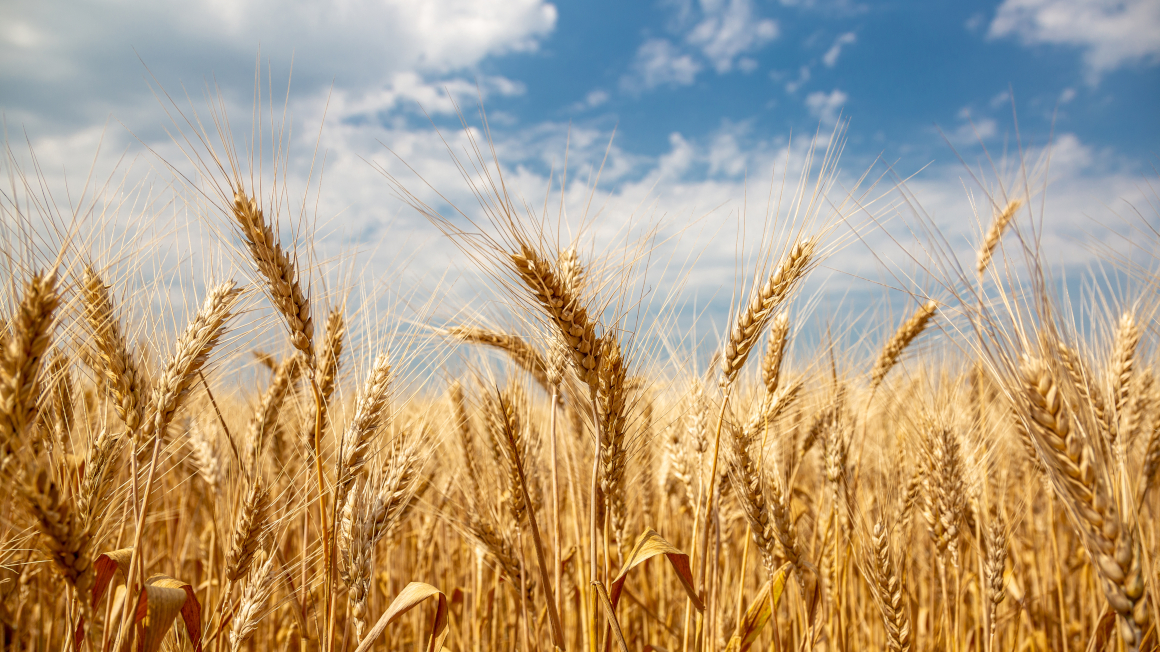Fuel from biowaste and electricity
Leipzig-based researchers have shown that the combination of microbial and electrochemical conversion of biomass can yield valuable products such as fuel.

Fossil resources are becoming scarce and their use is a burden on the environment. Therefore new technologies to replace these resources are needed. Part of the replacement can be achieved by employing electrical power production based on renewable resources, such as wind and solar energy. Additionally, renewable feedstocks and waste streams have to be considered as valuable precursors for the production of commodities and fuels.
Building a bridge between both factors means linking the conversion of electric energy - especially from local peak productions - to chemical energy carriers and commodities. Researchers in a consortium led by Falk Harnisch from the Helmholtz Center for Environmental Research (UFZ) have now shown that this bridge can be build.
Bioelectrorefineries integrate biomass conversion to produce fuels
Together with collegues from the University of Tübingen, Cornell University, and Deutsche Biomasseforschungszentrum (DBFZ) they demonstrated that the combination of microbial and electrochemical conversion of biomass can yield valuable products. Using corn beer and corn silage as a proof-of-principle the researchers have gained energy-dense alkanes with diesel-fuel like properties at high carbon and energetic yield. Their results are published in the journal Energy & Environmental Science.
"Using combined microbial and electrochemical conversions can lead to facilities that we can denominate as a bioelectrorefinery. Thereby, bioelectrorefineries integrate biomass conversion processes and equipment to produce fuels, power, and chemicals from biomass, and are based on the combination of microbial and electrochemical conversions", Harnisch summarises their plan. In their research paper the proof-of-concept is given that biomass can be converted into chemicals with fuel-like properties. The study reached a 50% yield when considering the full process line and using corn beer as feedstock. As Lars Angenent from the University of Tübingen explains, although this study employed corn beer, which is a valuable biomass source, follow-up studies have already replaced this with true waste streams for production of the intermediate carboxylate in order to push carbon recovery from waste materials forward.
Conversion fuel as an electricity storage
Harnisch stressed that this study will be only a first step: "We have now shown the feasibility of such a process line at lab scale. The challenge is to improve every single process step and to perform a scale-up in order to allow realization at the technical scale.” Harnisch continues that he sees great potential for process lines to convert and subsequently gain other products when seizing the power of combined microbial and electrochemical conversions. Tübingen-based researcher Angenent adds that there may be an even more important aspect of this study. According to him, the products from the continuous microbial conversion could be quickly converted to real fuel with the intermittent and much faster electrochemical conversion. In times of surplus electricity this fuel could then act as electricity storage.
jmr


